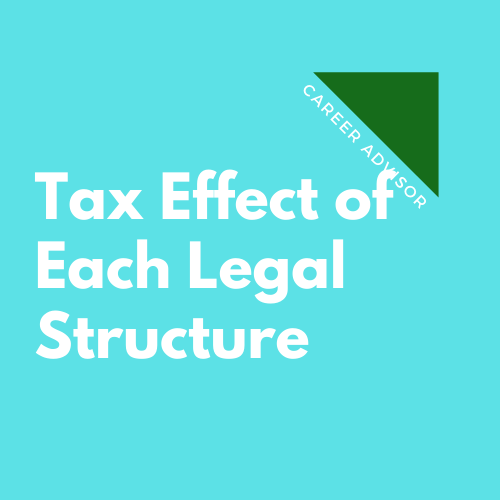
- Instructor: Attorney Bob Schaller
- Lectures: 7
Tax Consequences of Legal Structures.
A general overview is presented of the tax consequences of each legal structure. Lawyers are urged to counsel with a licensed CPA to determine the best plan of action for a law firm. Moreover, to make sure taxes are filed correctly, lawyers should keep very detailed records so accountants would be able to easily process all tax returns.
While the taxation of a law firm may seem complicated and something an attorney would like to just leave to the expertise of a business CPA, a lawyer still needs to understand how the law firm would be taxed so that the lawyer can get the most out of the hard-earned profits.
A lawyer needs to know how the business would be taxed so a lawyer can better plan appropriately. For example, the lawyer would be able to make financial plans once a lawyer knows about the tax liability. A lawyer would also avoid any errors that can lead to government fines and penalties. Lastly, it is a good idea to know how the law firm would be taxed so that a lawyer can try and reduce the taxable income by making smart decisions in running the law firm.
There are a variety of different government entities that can tax a law firm. A firm can owe federal taxes, state taxes, county taxes, and city taxes. The Internal Revenue Service collects federal taxes from lawyers. The IRS taxes individual and corporate income and collects self-employment taxes and payroll taxes. IRS Form 1040 is the U.S. Individual Income Tax Return, Form 1065 is the U.S. Return of Partnership Income, and Form 1120 is the U.S. Corporation Income Tax Return. These forms will be discussed in more depth in the following sections. The state where the law firm is located or does business in will also tax the law firm. The state collects the following taxes: individual or corporate income tax, sales tax, and payroll taxes. Cities and counties may also tax the firm.
